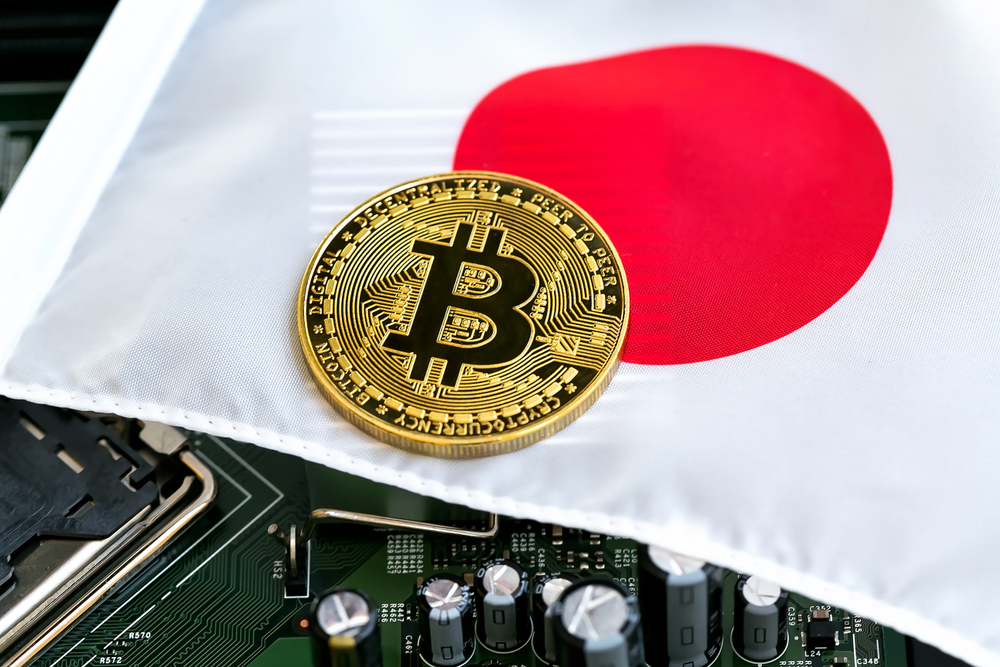On Monday, the Japan National Tax Agency (JNTA) announced new corporate tax policies, clarifying the treatment of digital assets. The new rules have exempted unrealized gains on cryptocurrencies issued by Japan-based firms from being subject to the existing 30% corporate tax.
Before today, companies in that country had been paying 30% corporate tax on crypto holdings regardless of whether they had realized profits through sales or not. Japanese crypto players have constantly criticized the tax arguing that it hindered blockchain innovations. The tax forced some companies to relocate overseas.
One of them is Stake Technologies Pte., a Japanese Web3 infrastructure development firm that moved to Singapore three years ago. In 2022, the company’s CEO, Sota Watanabe, said he would only bring Stake Technologies Pte. back to Japan if the government revised the corporate tax.
Japanese Crypto Player Welcomes the New Tax Policy
Earlier today, Watanabe released a statement saying he has welcomed the new tax rules. He added that such favorable regulations would stop Japanese crypto companies from relocating abroad. Watanabe is confident that the country’s crypto industry will flourish in the coming days. However, he did not mention whether he would consider moving his company back to Japan.
Crypto Regulations in Japan
The new tax regulations in Japan come when the crypto industry in the United States faces increased regulatory pressure. Just a few weeks ago, the US Securities and Exchange Commission slapped two of the world’s biggest crypto exchanges, Coinbase and Binance, with charges of violating securities laws.
At the start of this month, the agency’s Chair, Gary Gensler, told a US-based media house that the country did not need digital assets.
Given the regulatory uncertainty in the United States, a section of Japanese crypto players led by the CEO of crypto trading platform BitBank, Noriyuki Hirosue, believe Japan’s clear crypto rules could soon attract numerous American blockchain firms.
Japan already has a legal framework guiding companies issuing stablecoins. It is called the Payment Service Act. It allows licensed stablecoins to be used for payments. For this reason, the CEO of JPYC, a Japan-based stablecoin issuer, says the country is ahead of others when it comes to stablecoins regulations.
